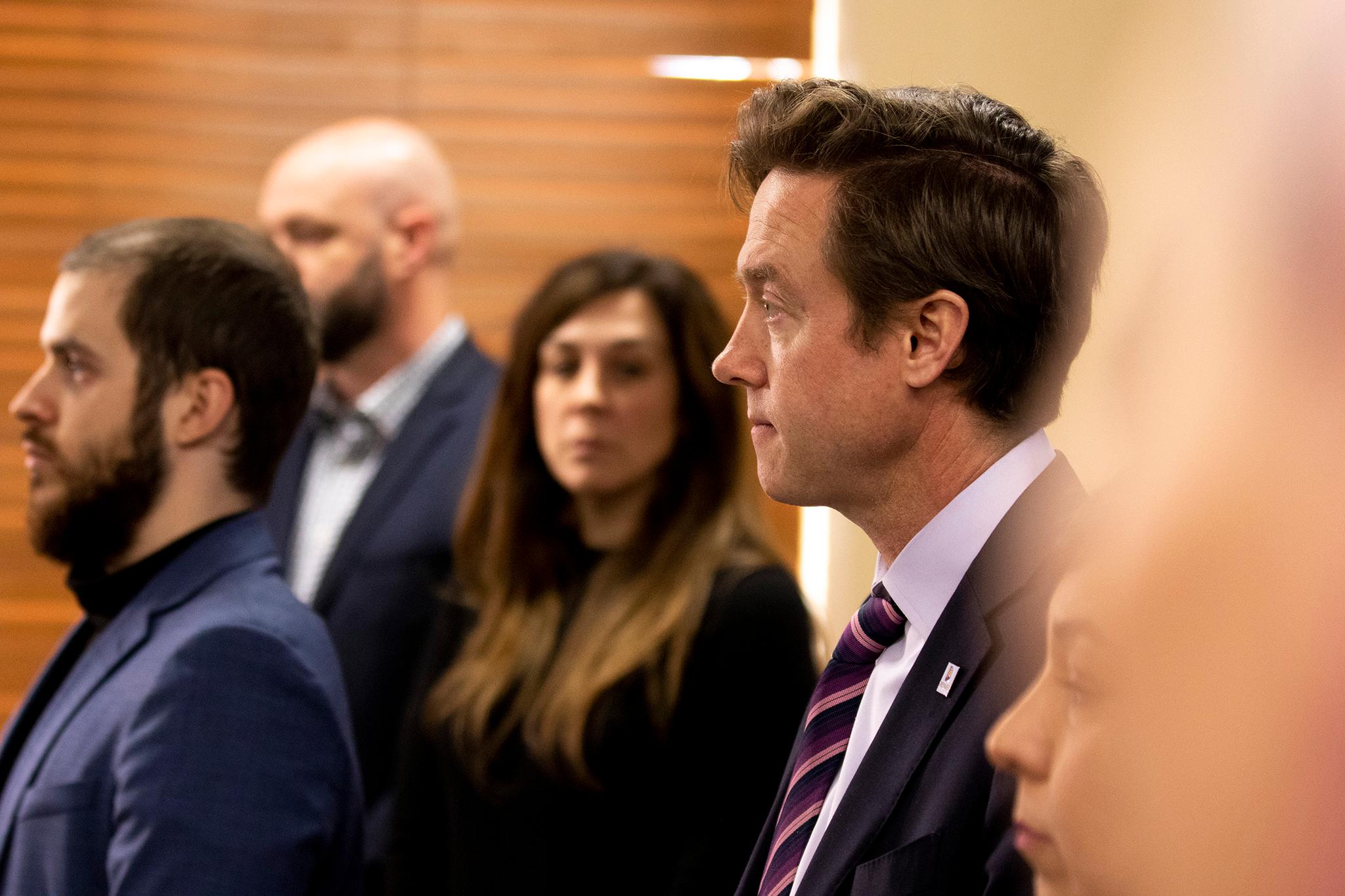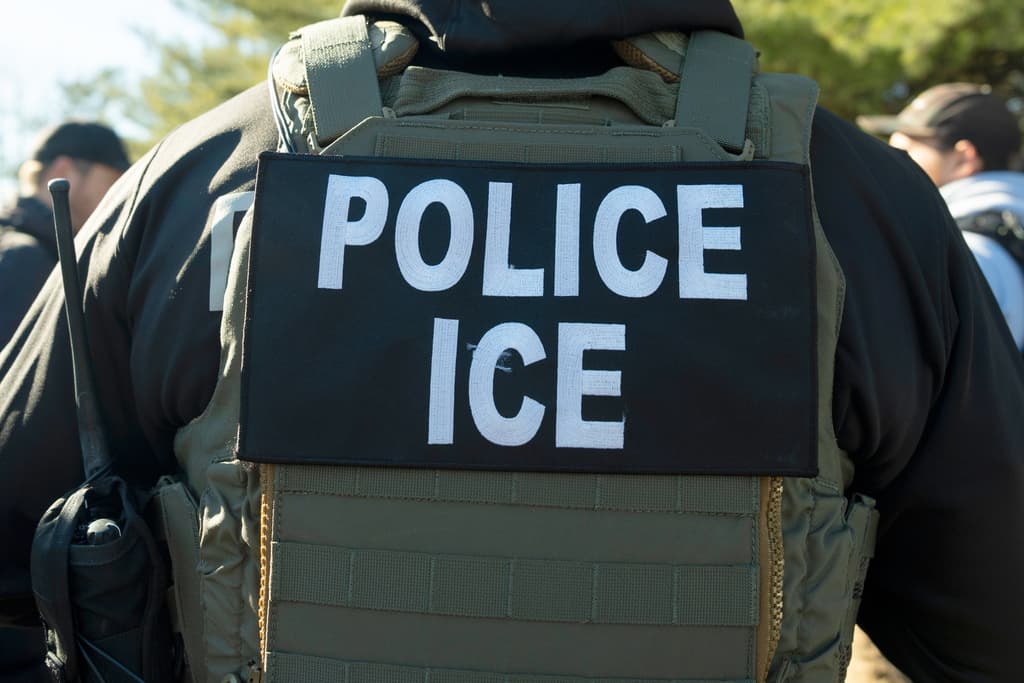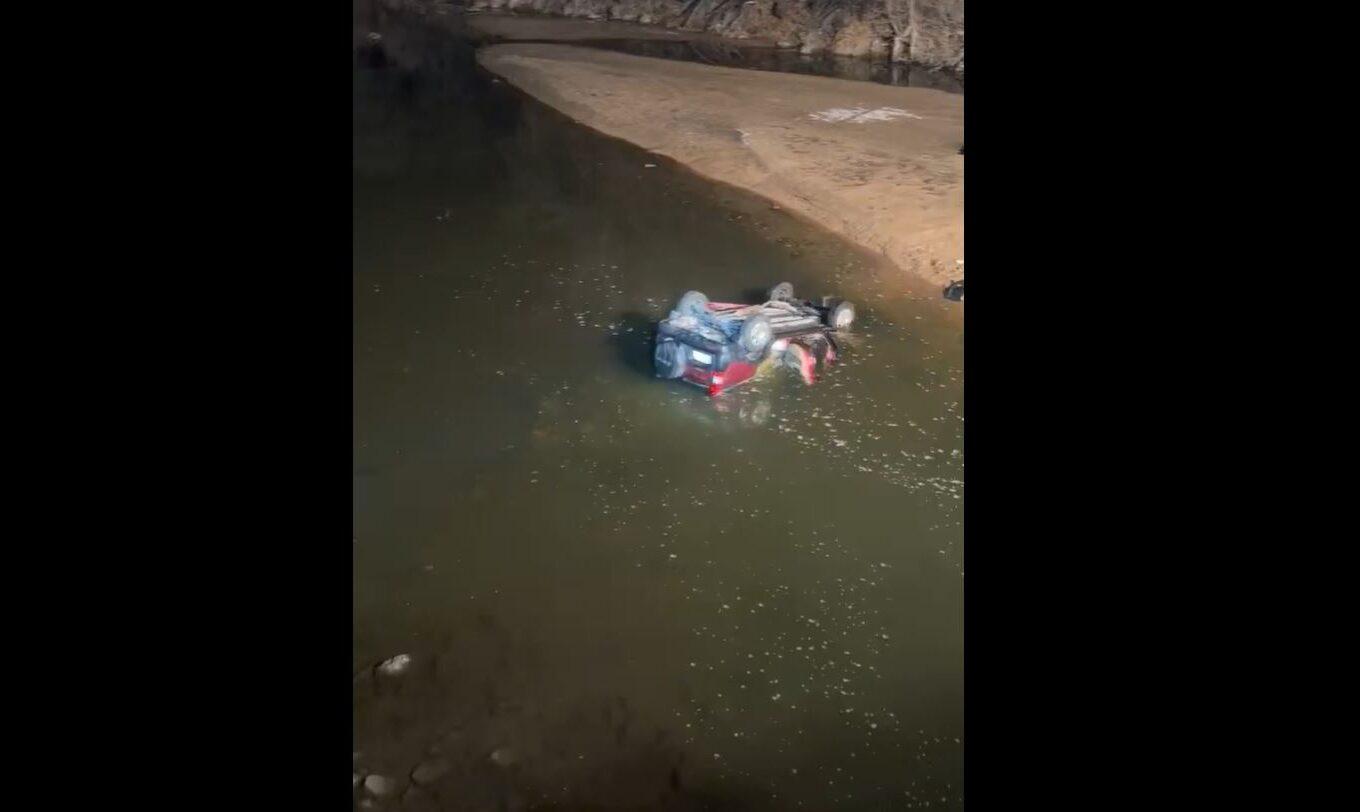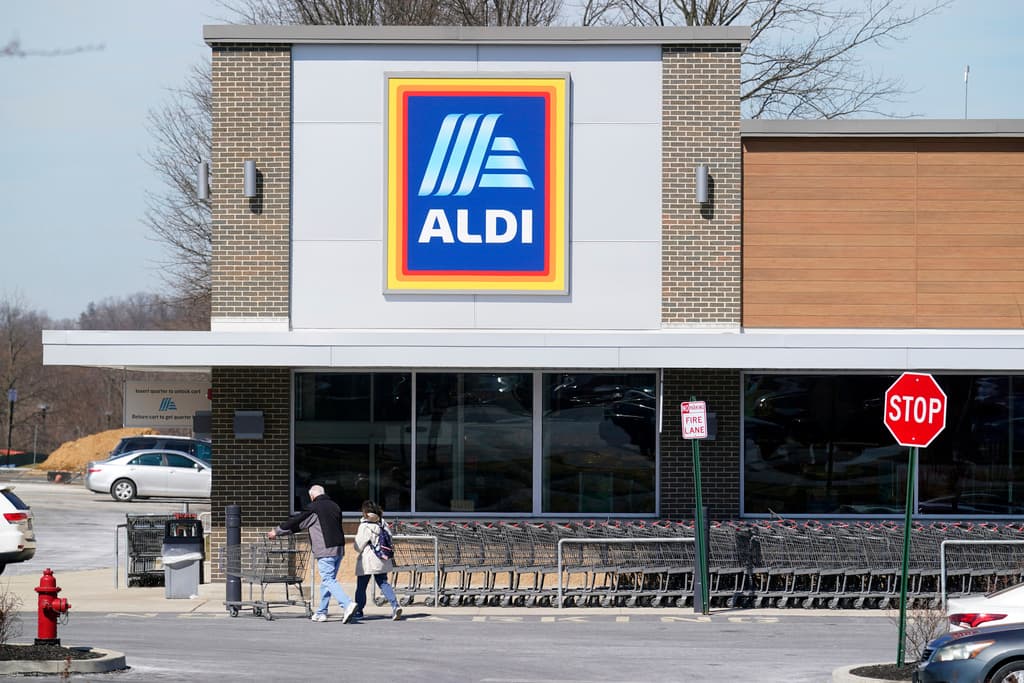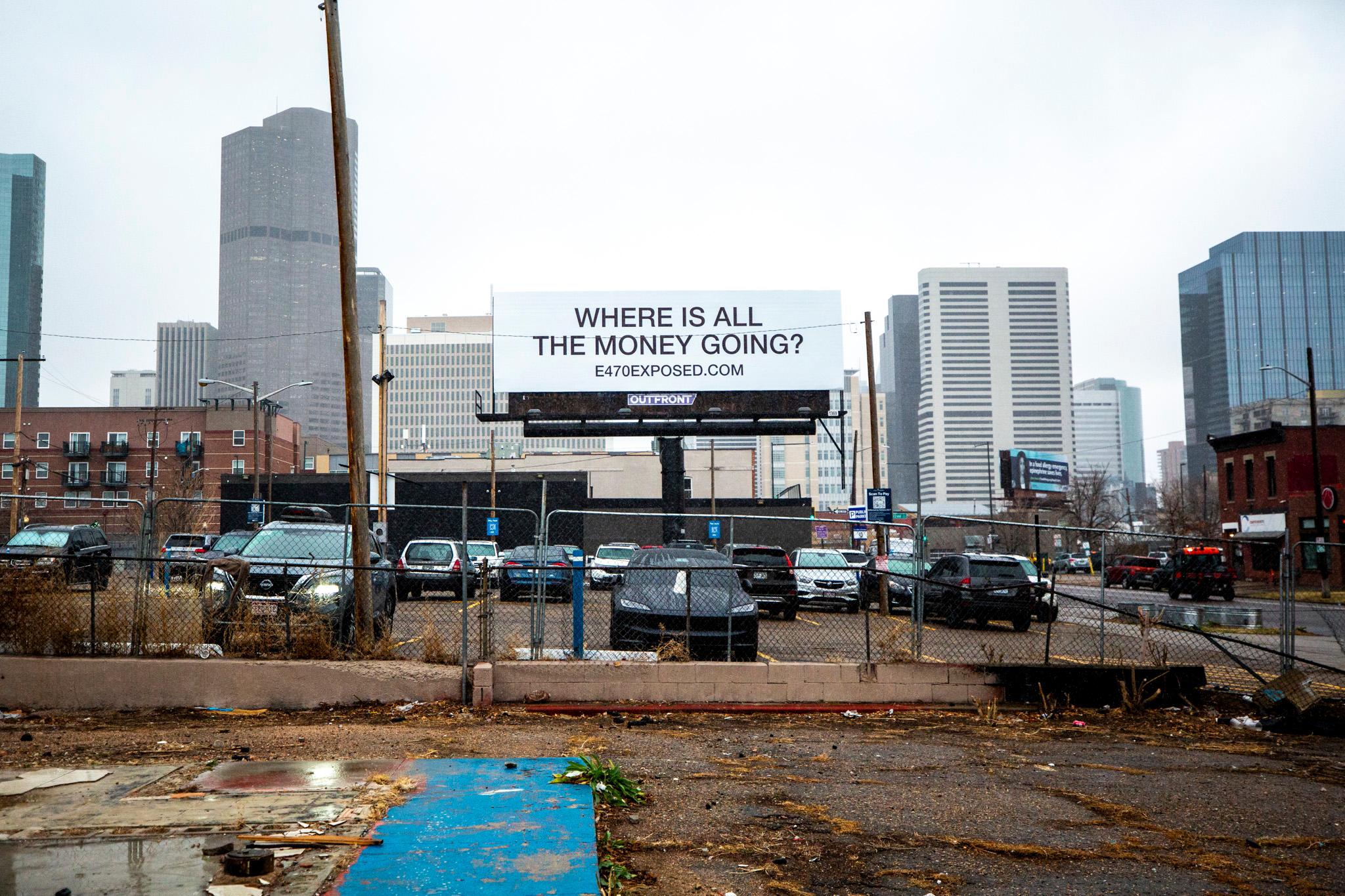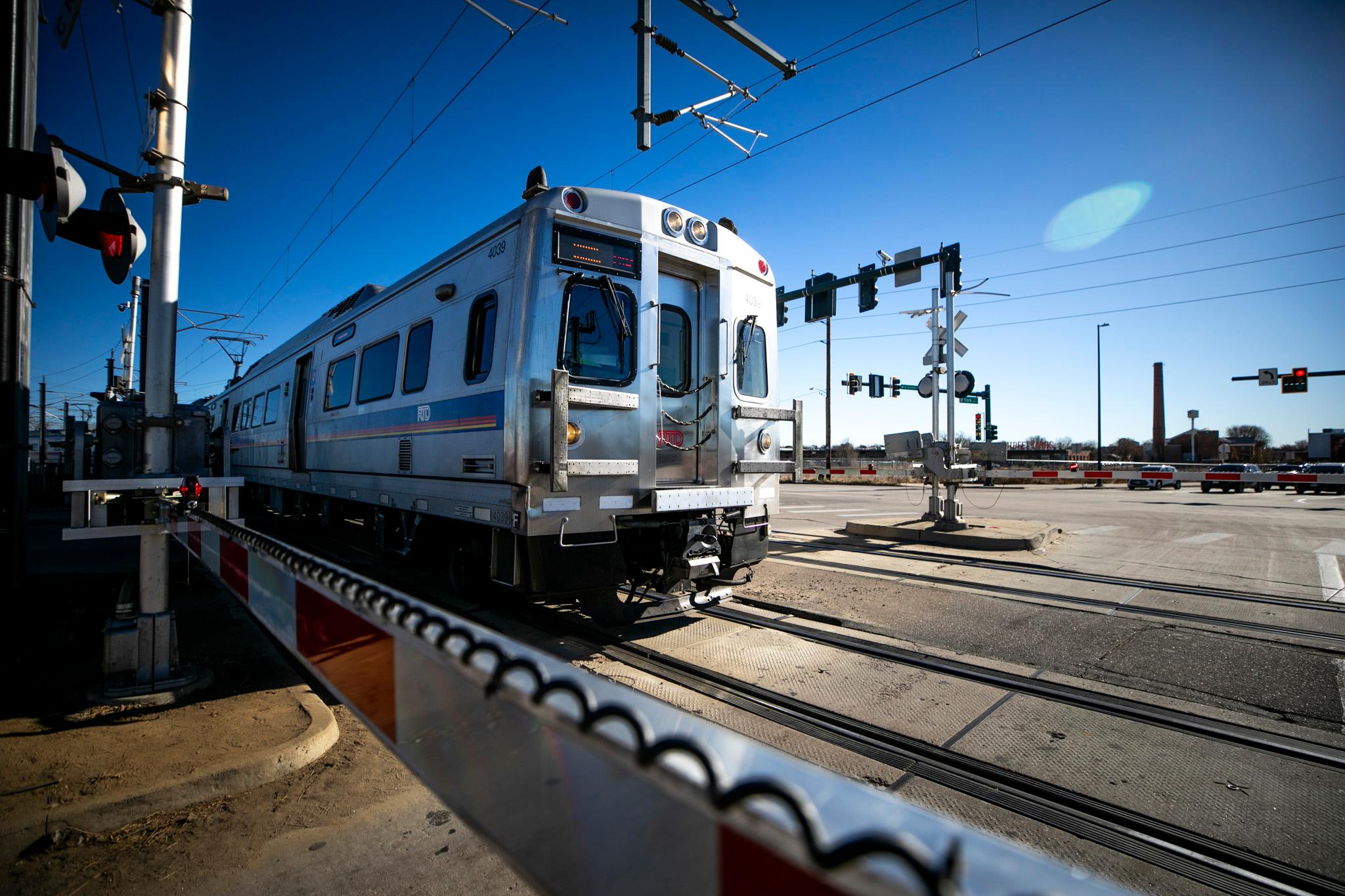Denver has built a reputation as a city where new immigrants can find legal help and maybe even a job without constant fear of authorities.
But the United States will soon have a new president. Donald Trump promises mass deportations. And he says he will defund sanctuary cities that resist him, a move that could deprive Denver of millions of dollars for programs residents depend on.
Will pressure from the president change how Denver treats immigrants?
“The short answer is, we won't change that, because those are one of our core values,” Denver Mayor Mike Johnston said in an interview on Friday. “And we're not going to sell out those values to anyone. We're not going to be bullied into changing them.”
The mayor pledged to continue to protect undocumented immigrants. That includes those who arrived in recent years and those who built their families in Denver over decades.
“I think we are gonna continue to be a welcoming, open, big-hearted city that's gonna stand by our values,” Johnston said.
Meanwhile, the city is identifying every federal grant that Trump could cut. That includes money for health care, housing, afterschool programming and beyond.
'Sanctuary city' is a term that’s thrown around broadly, Johnston said.
In a sanctuary city, undocumented people can still access city services without fear of deportation.
Immigration status “shouldn't discourage someone from taking their kid to get health care, taking their kid to go to school, or driving themselves to work,” Johnston said.

If a person breaks the law in a small way — like having a busted taillight, police won’t ask them for immigration status. The city won’t turn undocumented people who commit low-level crimes into Immigration and Customs Enforcement.
But people who commit felonies could still face immigration enforcement, Johnston said.
Johnston is proud of how the city has handled immigration.
A key part of the city’s strategy has been to help people navigate the work authorization system, allowing more new immigrants to work legally.
But Trump has said he plans to take away work authorization from people who illegally entered the country.
Blocking new immigrants from the right to work would “cripple the American economy,” Johnston said. Without work authorization, Johnston said, people would have to rely on public support to get by.
If Trump does block people’s right to work, Johnston plans to explore the possibilities for creating both city and state work authorizations beyond the federal program. Whether that’s possible is legally uncertain.
“It's far more expensive and far worse for our communities to have people out on the streets begging for money or looking for public support,” he said. “They're hard working and they want to be able to pay for themselves.”
What if Trump asks Denver police to participate in immigration enforcement?
“Absolutely not,” Johnston said. “We won’t do it.”
The vast majority of law enforcement is local. Johnston is doubtful that federal forces would raid Colorado to round up immigrants, even if Trump tried to mount a national crackdown.
“I do not believe that our governor is going to let them use our [Colorado] National Guard at the state level,” he said. “Unless they were planning on bringing national guards mobilized from Texas or Alabama to come invade Colorado, I don’t know where they would find the forces to begin to do that.

“And that seems to me like a very, very bad idea from start to finish that no reasonable American would support,” he said.
The mayor also takes heart that the people of Denver — not just the administration — would likely resist a mass deportation effort from federal forces.
“More than us having DPD stationed at the county line to keep them out, you would have 50,000 Denverites there,” Johnston said. “It’s like the Tiananmen Square moment with the rose and the gun, right? You’d have every one of those Highland moms who came out for the migrants. And you do not want to mess with them.”
How will Denver work with the Trump administration?
Johnston had a collaborative relationship with the Biden-Harris administration, he said. He had Cabinet secretaries on speed dial. And he hopes to have the same type of relationship with the Trump administration.
“We believe in a democracy you should be able to change administrations and change parties and still serve all of your residents,” the mayor said.
Johnston does not assume all of Trump’s campaign promises will pan out. He hopes Congress and the Supreme Court will create some checks and balances, even as all the branches of the federal government are under Republican control.

And it’s housing affordability that Johnston sees as the most promising area for collaboration with the new administration.
“We'd love to look at a partnership for how they can help provide resources and support for us to bring on more housing that workers are going to need all over the state,” Johnston said.
Meanwhile, the city will keep an eye out on the enormous spread of priorities and ideas that have come with the new administration — for example, Robert F. Kennedy Jr.’s desire to take fluoride out of the water system.
“You can drive yourself mad trying to preventively plan for all the catastrophes that may come,” he said.
Johnston takes comfort in the idea that Trump will likely distract himself with high-controversy, low-impact issues.

